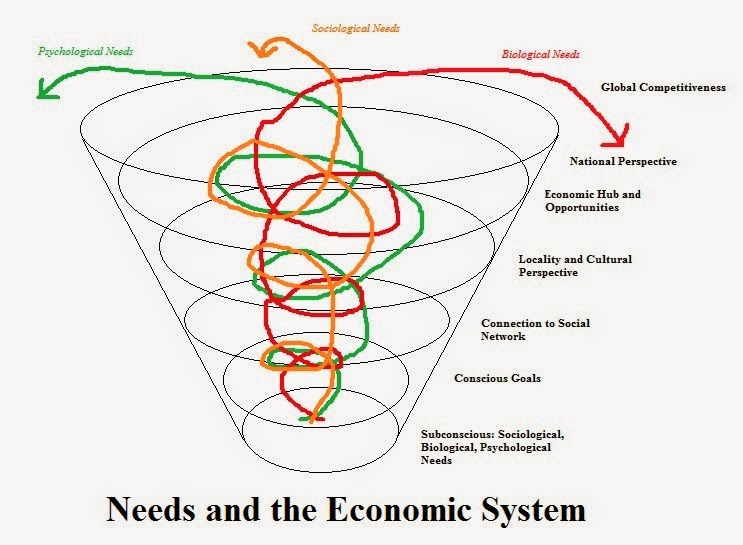Harvard School of Business released its 2013-2014 U.S.
competitiveness report that unveils difficulties related to a lack of skills, employment
opportunities, small business development, infrastructure and governmental
effectiveness. Highly skilled
professionals, medium size businesses and large corporations have successfully
weathered the effects of the recession but are leaving behind many in the skilled
labor and middle class sectors of society. The results point to a divergence
in society that may slow growth in the future and damage long-term American competitiveness.
The education system is seen as not meeting current needs
for the development of new skills to create a stronger workforce. Companies desire
to develop stronger internal skills training but have not yet matched this need
within their policies. Collaborating
employment needs with the education system will help in narrowing the gaps
between employers and school decision-makers.
Two separate societies are developing where highly skilled
and educated individuals are employable while those who have not achieved this
level struggle to find higher paying jobs. Collaborating with public education,
experimenting with higher education, and encouraging in-house corporate
training can make a difference in preparedness.
Even though corporate profits have risen to higher levels
there is a concern over transportation infrastructure. Current infrastructure is
seen as slowing down progress and lacks a unified strategy to create stronger
platforms for development. The lower
cost transactions of moving resources and information is needed to encourage
opportunities for business development.
Small businesses have suffered during the recession and have
not regained their initial positions. It is recommended that a stronger effort
to develop and foster small business as an avenue of innovation and skill development
is important for the long-term viability of the nation. Small business is an important contributing
sector to employment opportunities and national adaptability.
Executives are more optimistic in recent years but regularly
search outside the U.S. for employees with the right skills. They could better
develop their internal training and put pressure on the public education system
to better prepare students. Government also needs to put aside their partisan
differences and start developing proactive policies that take America into its
next level of efficient and effective governance. Without a stronger platform of infrastructure development
many of the gains organizations have achieved will plateau as they run into
larger policy constraints that hamper businesses opportunities to invest and
grow.
